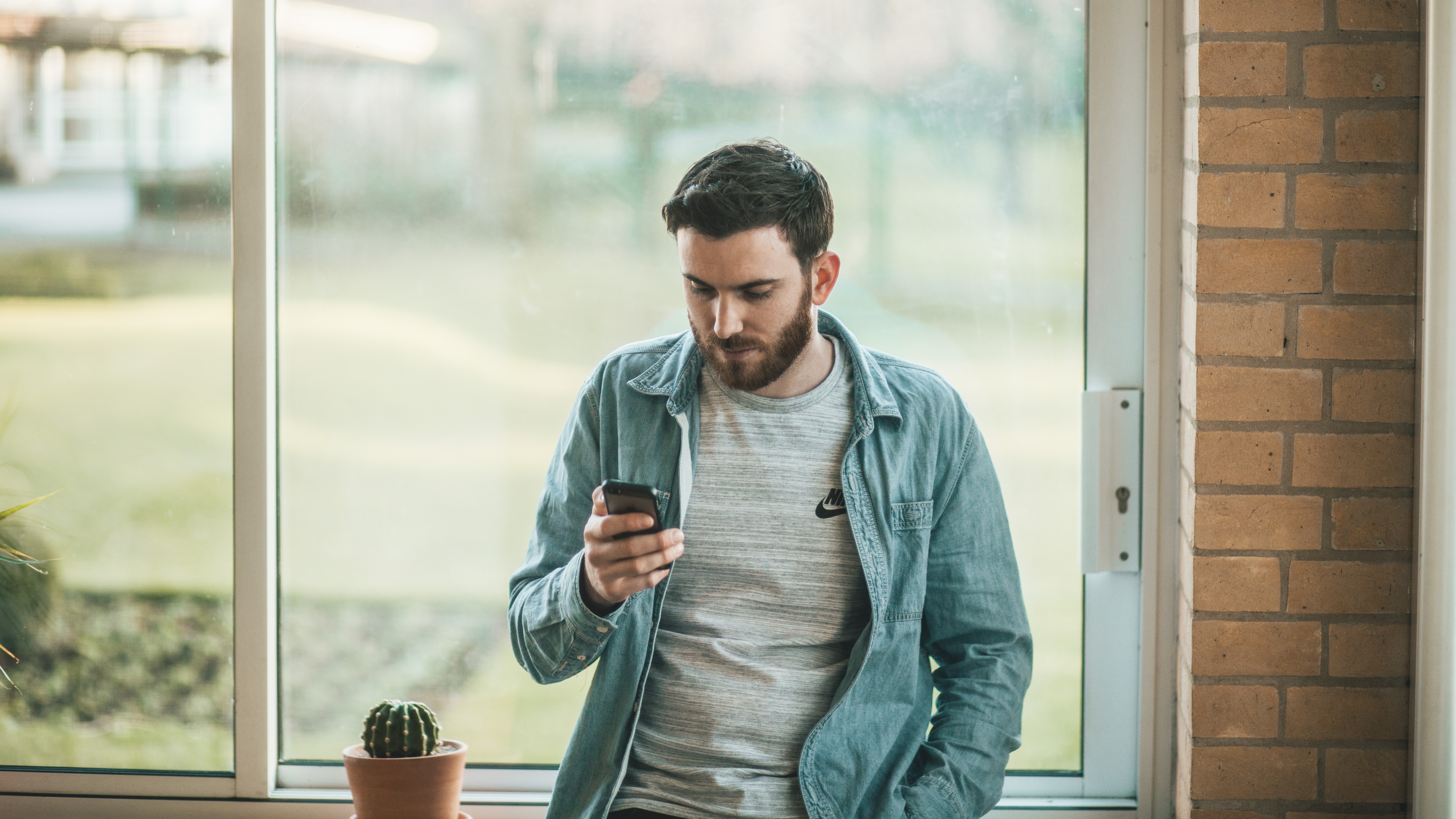 Recent research in the Journal of Marketing found that smartphones enhance “consumer self-disclosure.” Results from three large-scale field studies and two controlled experiments show that people self-disclose more when generating content on their smartphones versus personal computers. Reasons could be feelings of comfort with the phone, a tendency to focus on the disclosure task on hand, or emotional association with the device.
Recent research in the Journal of Marketing found that smartphones enhance “consumer self-disclosure.” Results from three large-scale field studies and two controlled experiments show that people self-disclose more when generating content on their smartphones versus personal computers. Reasons could be feelings of comfort with the phone, a tendency to focus on the disclosure task on hand, or emotional association with the device.
These findings make sense to Marius Thauland, business strategist with Leiekontor, who believes people use their computer for more serious things, like school and work. “Using a computer is related to more documents, emails, and things that are cold in nature,” said Thauland. Vipin Chahal, with Return Policy Guide agrees that people use computers for more professional and official work than personal and “with a smartphone on your hand, you are more relaxed and at ease, so you overshare.” This is a clear benefit for marketers because when people relax, they are more likely to interact with a product or service. Thauland noted, “People are more honest and self-disclosing when using smartphones, and marketing data collected from smartphone usage is more useful in determining how customers generally feel."
For Adam Rowles, CEO, Inbound Marketing Agency, overuse is because smartphones are used in all situations. Rowles said, “when you are traveling and have some free time, you are able to share more with an open mind and ease of time." And the apps on smartphones entice people to share experiences online. Technology professional Jay Andrew Allen said "it's easy to forget that this information is going out for anyone in the world to see." Because sharing on smartphones is easy and doesn’t require you to stop and think about it, “it enables a lot of impulsive decisions” added Heinrich Long, privacy expert at Restore Privacy.
Rowles also sees phones as a source of entertainment and communication which contributes to his oversharing. He explains, “The reason is that I use it while on the bed, couch, work desk, etc. So I never know what mood I’ll be in with a phone in my hand. Oversharing also depends on the mood.”
And when something is convenient or our moods shift, we do not give much thought to our actions. "Interactions with a smartphone seem temporal and transactional,” said Josh Campbell, cyber threat and operations lead with Cyborg Security. “In the heat of a moment, people want to share that data, and its visibility on social media is fleeting, being replaced by another post almost immediately.”
Jennifer Willy, editor at Etias, sees sharing on smartphones as our new norm. “Because of social media applications, oversharing becomes a natural instinct. It has a psychological impact on us as it can lower our inhibitions. Even celebrities have a strong influence on people and their constant posting about their lives can also affect us. “
Matt Stormoen, Co-Founder & CEO Mobibi, agrees that “typical smartphone users, no matter the age, generation, or profession, want to be active participants in the process of content creation, even if this entails self-disclosure.” With it being our norm, “people's guards are down when they're using their phones. They have grown so accustomed to using it every day that everything feels normal," added Jeremy Harrison with Hustle Life. But Dr. Giuseppe Aragona, MD has concerns about these behaviors because people don’t allow their brains to process information or think about what they want to say. “Instead we easily share immediate reactions to whatever is happening in our life,” said Aragona.
Terrence Irving, a wedding photographer, is one of the few that doesn’t overshare. He explains, “The reason for me is simple: I over-plan everything and am the opposite of impulsive. I use my smartphone to write down tasks and reminders to work on things later, after I've had time to think about them. I mostly use my phone for planning. The doing and sharing comes later.”
Daniel Markuson, digital privacy expert at NordVPN, has tips for people who overshare on smartphones, starting with caution about sharing an address or location. “If you’re on a trip and your property’s only guardian is your neighbors’ cat, criminals will consider breaking in,” said Markuson, “especially if they see previously posted pictures from your home.” He also warns people about using social media apps on devices. He said, “They have access to your gallery, location, and contacts. They collect and store data about you, and it might not be that innocent.” Another suggestion he offers is to turn off Wi-Fi on a smartphone since it scans and connects to trusted Wi-Fi networks at home or work. Marukuson realizes this is convenient, but says “it gives out a lot of valuable information about you. With easy-to-use apps, anyone can collect all the nearby Wi-Fi names, leading to finding your address.”
Marukuson’s final tip is a reminder about common sense. People tend to engage in rants or ventilate emotions on social media, forgetting that “what goes on the internet stays there forever.” He advises everyone to share personal feelings in close circles and not online.
Tina Arnoldi, MA is a marketing consultant and freelance writer in Charleston SC. Learn more about her and connect at TinaArnoldi.com